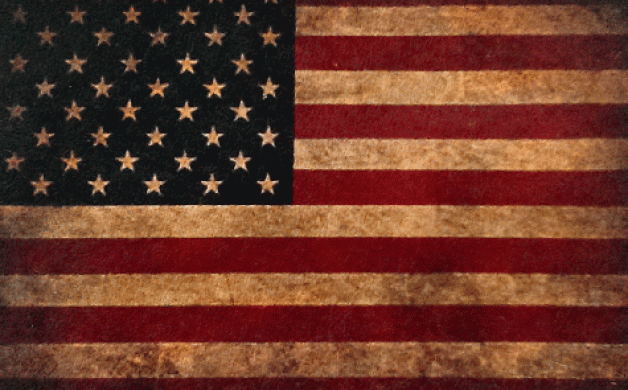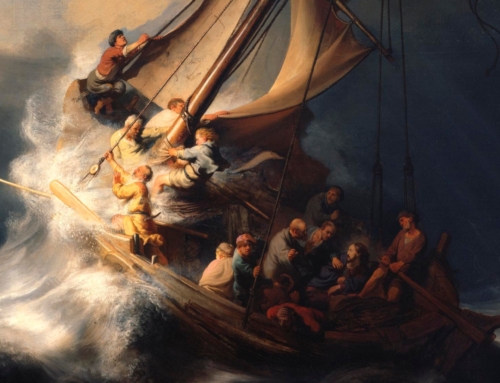Today, as we celebrate the birthday of our nation, you will no doubt watch fireworks and hear patriotic songs about the grandeur of our great country. Freedom figures prominently in our associations with July 4th, and in such songs: “the Land of the Free” “Let Freedom ring” “Home of the Free and the Brave” and even Pilgrims whose “stern, impassioned feet” beat “a thoroughfare for Freedom across the wilderness” of early America. One song mentioning freedom you probably won’t hear today is Janis Joplin’s “Me and Bobby McGee.” In this bluesy American tune of loving and losing, Ms. Joplin’s refrain concludes that “Freedom’s just another word for ‘nothing-left-to-lose.’” Those words perfectly encapsulate the current distortion of the notion of freedom, with more parallels to solitary confinement than to liberation.
When Janis Joplin released her first album (which shot “Me and Bobby McGee” to the top of the charts) in 1970, she had the star power to do whatever she wanted. Yet she was anything but free – she was shackled to the public she worked to entertain and to a drug habit that she couldn’t overcome. Before the year was out, she died of a heroin overdose at the age of 27, tragically achieving only the type of “freedom” she described in her hit song. Thomas Merton described this freedom, saying: “a superficial freedom to wander aimlessly here or there, to taste this or that, to make a choice of distractions, is simply a sham. It claims to be a freedom of ‘choice’ when it has evaded the basic task of discovering who it is that chooses.”
A rising star of a different ilk who died young, Bl. Pier Giorgio Frassati (whose feast day we celebrate today), illustrates true freedom. His was a freedom which stemmed not from the wealth and influence of his high-profile family, but from the supernatural foundation of his faith in Christ Jesus.Rather than being based on what he had to lose, Frassati’s freedom was based on gaining God. Jesus identified Himself as the Way, the Truth and the Life (John 14:6), and promised that in knowing the Truth, we will come to know true freedom: “you will know the truth and the truth will make you free” (John 8:32). This is the freedom which Zechariah announces in St. Luke’s Gospel: “free to worship Him without fear, holy and righteous in His sight all the days of our life” (Luke 1:74-75).
In a letter to his friend written a few months before his own death (from polio, contracted while serving the poor of his city), Bl. Pier Giorgio speaks of this freedom to be holy as the key to life: “to live without faith, without a patrimony to defend, without a steady struggle for Truth – that is not living, but mere existing.” A life of “mere existing” without faith is not only mediocre, but actually destructive, as the unfortunate Janis Joplin found out. Another saint, John Paul II explains that, “when freedom does not have a purpose, when it does not wish to know anything about the rule of law engraved in the hearts of men and women, when it does not listen to the voice of conscience, it turns against humanity and society.”
In an address to fellow young adults, Bl. Pier Giorgio shows how Jesus is the means to the truth and that living in this truth is our guarantee of happiness:
I urge you with all the strength of my soul to approach the Eucharistic Table as often as possible. Feed on this Bread of the Angels from which you will draw the strength to fight inner struggles, the struggles against passions and against all adversities, because Jesus Christ has promised to those who feed themselves with the most Holy Eucharist, eternal life and the necessary graces to obtain it. And when you become totally consumed by this Eucharistic Fire, then you will be able to thank with greater awareness the Lord God who has called you to be part of his flock and you will enjoy that peace which those who are happy according to the world have never tasted. Because true happiness, young people, does not consist in the pleasures of the world and in earthly things, but in peace of conscience which we can have only if we are pure in heart and in mind.
This is the peace of mind which always eluded Janis Joplin, who sought it in superficial pleasures instead of spiritual ones.
So, as you sing today of freedom, reflect on these two famous young people who died in their twenties, foils for each other: one lived life on its surface, adrift and ultimately betrayed by material success; the other, committed to living a deep faith and a strong awareness of purpose. Ms. Joplin sings of a life given to a feel-good drifter, Bobby McGee, and the heartbreak and longing for pleasures of a past which cannot endure; while Bl. Pier Giorgio’s life is given to Jesus and is one sustained by peace now, and animated by looking ahead to triumphant beatitude in heaven. Our great nation was born of a search for freedom. Its present and future depend on what sort of freedom we want to embrace: a freedom of choices without commitments – adrift in a moral vacuum; or a freedom built solidly on commitment to life, truth, and firm faith in Jesus Christ.







